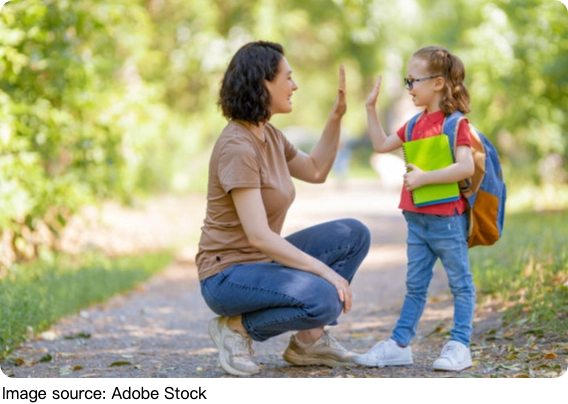Growing Social Confidence

Social skills are the invisible glue that helps children build friendships, work in teams, and handle everyday interactions.
From sharing toys at playtime to speaking politely to a neighbor, these abilities form the foundation for strong relationships and future success. The great news is that social skills aren’t just “natural talents”—they can be learned, practiced, and strengthened at any age.
As a parent or caregiver, you hold the key to guiding your child toward confidence in social situations. In this guide, we’ll explore practical, engaging ways to help children grow their communication, empathy, and cooperation, all while keeping the process relaxed and meaningful.
Building Communication Skills
Strong communication is the starting point for social success. When kids can express themselves clearly and listen actively, they connect more easily with others. As a parent, you can turn daily moments into opportunities for practice, creating a supportive environment that encourages your child to speak, listen, and engage with confidence.
Encourage Everyday Conversations
Children learn best through practice. You can start by inviting your child to share something about their day and respond with genuine interest. These small chats help them feel heard and valued, while also teaching the rhythm of conversation—taking turns, asking questions, and offering thoughtful responses.
Practice Active Listening
It’s easy for kids to focus only on their own words, but listening is equally important. Show your child how to maintain eye contact, nod, and respond with phrases like “That sounds fun.” You can model this behavior during your own conversations, making listening feel natural and rewarding.
Introduce Role-Play Games
Role-play is a fun way to rehearse different social situations. Pretend to be a teacher, a classmate, or even someone new at the park, and guide your child through how to greet, ask questions, and respond. These playful scenarios prepare children to handle real-life moments with ease.

Nurturing Cooperation and Empathy
Beyond words, social skills thrive when children understand the feelings of others and learn how to work together. Teaching cooperation and empathy helps them become supportive friends, reliable teammates, and compassionate individuals. You can encourage these qualities in ways that feel natural and engaging.
Encourage Team Activities
Teamwork teaches children the value of sharing effort and celebrating group success. Whether it’s building a puzzle together, helping in the kitchen, or playing a group game, your child learns that working together can be more rewarding than going alone.
Highlight Perspective-Taking
Help your child step into someone else’s shoes. If a friend looks upset, ask, “How do you think they feel right now?” Encouraging your child to guess another person’s emotions builds empathy and helps them respond kindly in different situations.
Model Respectful Behavior
Children mirror what they see. When you treat others with respect—thanking a cashier, apologizing when you make a mistake—you’re showing your child the kind of behavior that fosters trust and kindness. Over time, they adopt these actions naturally in their own relationships.
Developing social skills in children is a journey built on small, daily experiences. By guiding your child to practice clear communication, listen actively, and role-play new situations, you lay the groundwork for confidence in social settings. At the same time, fostering cooperation and empathy ensures they grow into considerate, supportive individuals who value the feelings of others. With your encouragement, social skills stop being a challenge and become a joyful part of your child’s growth, opening doors to strong friendships and lasting confidence.


